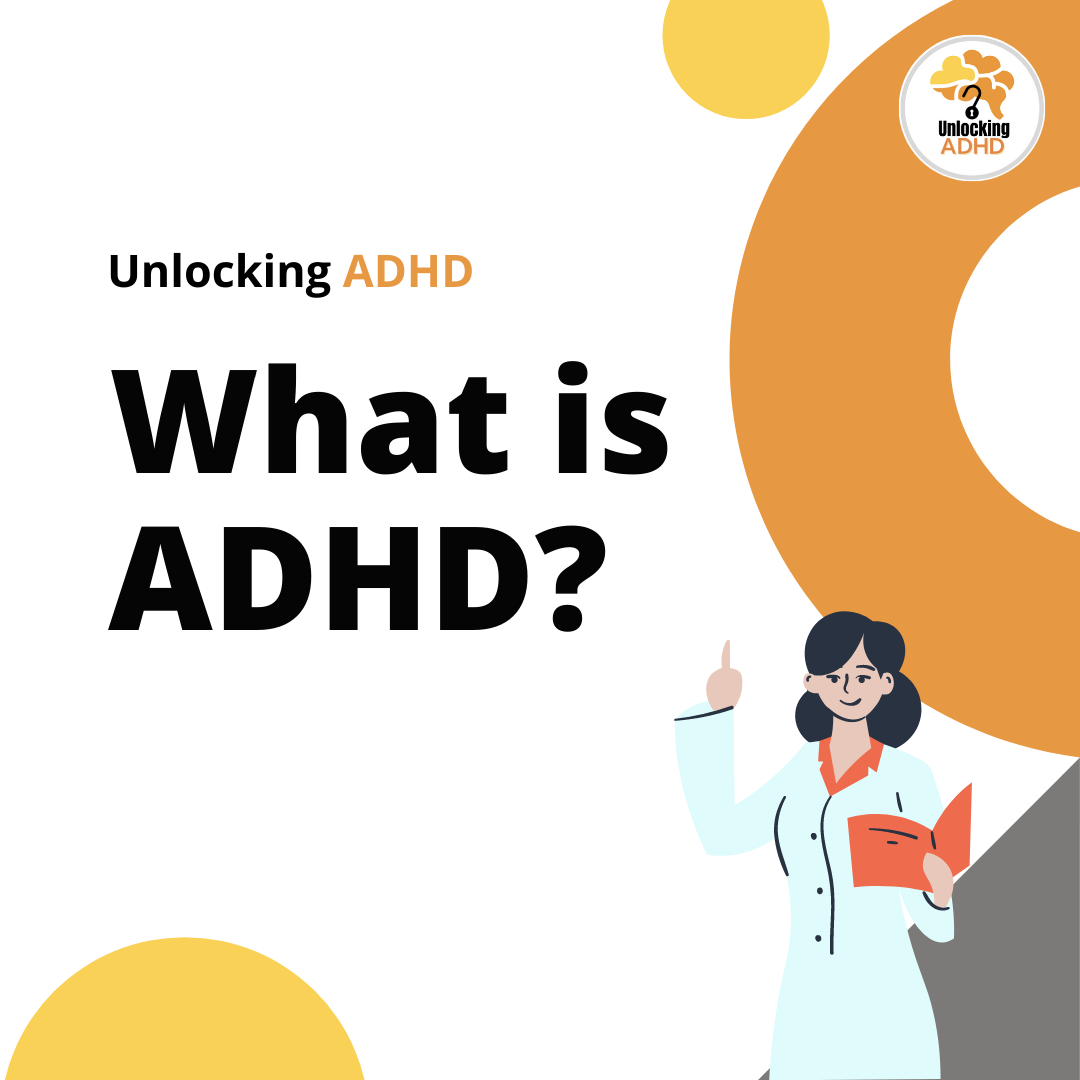Digital Marketing
Digital marketing encompasses a broad range of strategies and techniques used to promote products, services, or brands using digital channels such as the internet, social media, search engines, email, and mobile apps. Here's an overview of digital marketing and some key components:

Related Searches
Components of Digital Marketing:
1. Search Engine Optimization (SEO):
- Optimizing website content and structure to improve visibility and ranking on search engine results pages (SERPs).
- Key activities include keyword research, on-page optimization, link building, and technical optimization.
2. Search Engine Marketing (SEM):
- Paid advertising on search engines like Google or Bing to increase visibility and drive traffic to websites.
- Common SEM strategies include pay-per-click (PPC) advertising, display ads, and remarketing campaigns.
3. Content Marketing:
- Creating and distributing valuable, relevant, and consistent content to attract and engage a target audience.
- Content formats include blog posts, articles, videos, infographics, eBooks, and podcasts.
4. Social Media Marketing (SMM):
- Using social media platforms such as Facebook, Twitter, Instagram, LinkedIn, and Pinterest to promote products or services, engage with audiences, and build brand awareness.
- Strategies include organic content posting, paid advertising, influencer partnerships, and social media contests.
5. Email Marketing:
- Sending targeted and personalized emails to prospects or customers to nurture relationships, drive sales, and promote products or services.
- Email marketing campaigns may include newsletters, promotional offers, event invitations, and automated drip campaigns.
6. Affiliate Marketing:
- Partnering with affiliates or third-party publishers to promote products or services in exchange for a commission on sales or leads generated.
- Affiliate marketing programs often use tracking links or codes to attribute conversions to specific affiliates.
7. Influencer Marketing:
- Collaborating with influencers or individuals with a significant following on social media platforms to promote products or services and reach a broader audience.
- Influencer marketing campaigns may involve sponsored content, product reviews, or endorsements.
8. Mobile Marketing:
- Targeting audiences on mobile devices through mobile-optimized websites, mobile apps, SMS marketing, and location-based advertising.
- Mobile marketing strategies focus on reaching users on smartphones and tablets to drive engagement and conversions.
Key Considerations:
1. Audience Targeting: Understanding your target audience's demographics, interests, and behavior to tailor marketing messages and campaigns effectively.
2. Data Analytics: Utilizing data and analytics tools to track and measure the performance of digital marketing campaigns, analyze user behavior, and optimize strategies for better results.
3. Integration: Integrating digital marketing channels and tactics to create cohesive and multi-channel marketing campaigns that deliver consistent brand messaging and user experiences.
4. Compliance and Privacy: Adhering to legal and ethical standards, including data protection regulations (e.g., GDPR), email marketing laws (e.g., CAN-SPAM Act), and advertising guidelines (e.g., FTC regulations).
5. Continuous Learning: Staying updated with the latest trends, technologies, and best practices in digital marketing through ongoing education, training, and professional development.
Digital marketing offers businesses and marketers powerful tools and platforms to reach and engage target audiences effectively in today's digital age. By leveraging the diverse array of digital channels and strategies available, organizations can drive brand awareness, generate leads, and ultimately, increase revenue and profitability.







